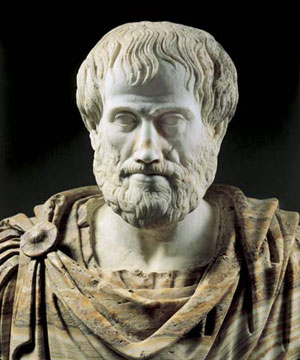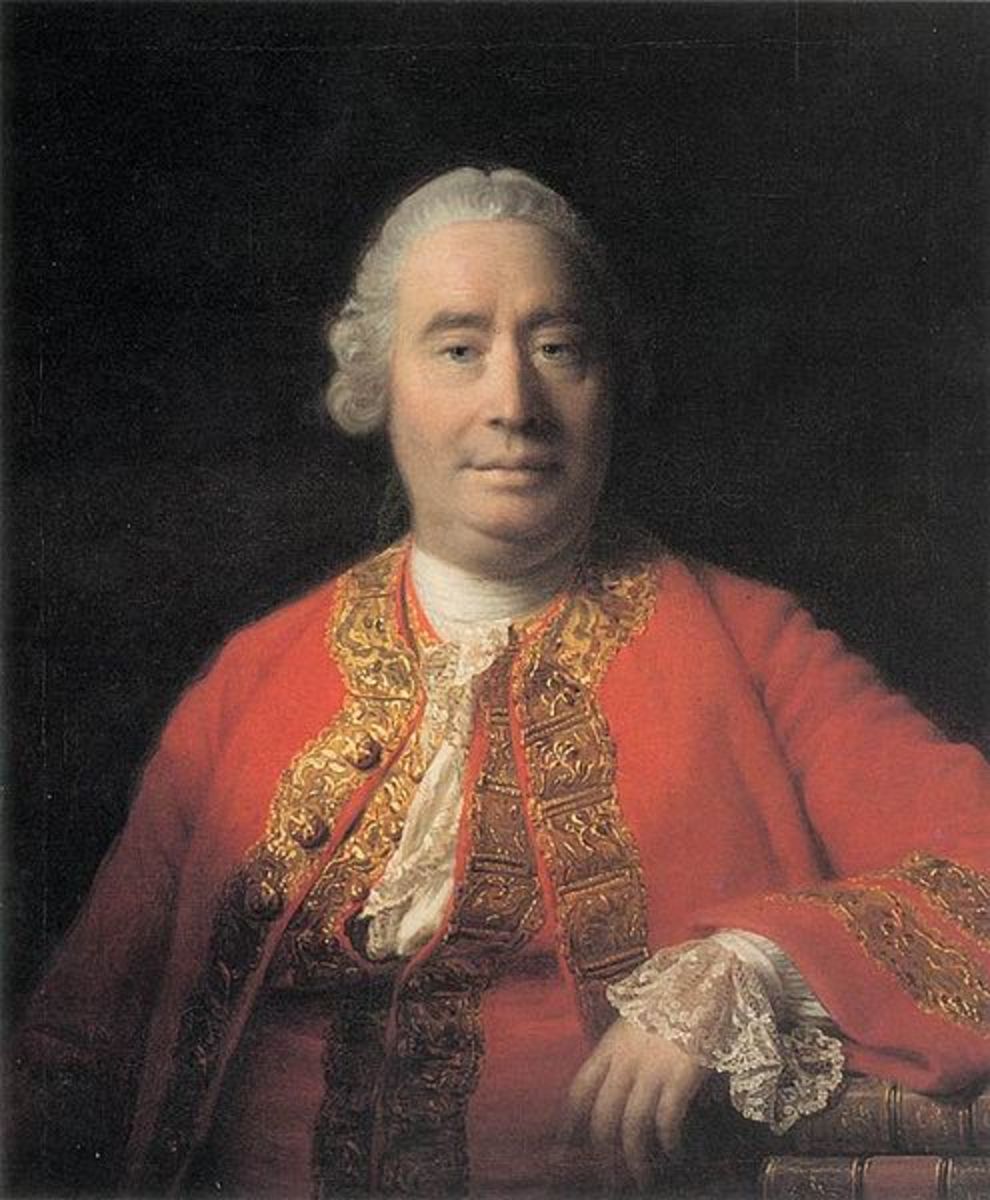Philosophy Topics: Virtue Ethics

What are virtue ethics?
Virtue ethics suggest to us that there are not particular rules or moral obligations that we as a society must adhere to in order to be ethically correct. It follows a less narrow focus and suggests that there are certain “virtues” that people ought to acquire. These virtues should act as a guide to our moral philosophy. If we adopt the principle of virtue ethics, every action we take is the fruit of the rooted virtue within us. It also tells us there are certain “vices”, which are the opposition of the virtues we choose to acquire. These are to be avoided as they are damaging to our ethicality. While I do think this theory leaves many questions unanswered, I do believe it to be a theory more justifiable than many other ethical propositions.
Examples
If a person questions me on why I study my school book and I reply “It is because I wish to become a person of wisdom”, then that person may very well call me a virtue ethicist. If I were to answer the question with a remark stating that it was because it is what my teachers and parents have told me to do, I may be called Rule Utilitarian or something of the sort. If I were a virtue ethicist faced with a moral dilemma like the decision of whether or not to grant a man freedom or execution, my decision would need to stem from a virtue such as justice that I possessed. I can clearly see the positivity in adhering to this theory. If there were a law in a justice system that stated a man is to be executed if he refuses to eat meat, we would clearly understand that the law was a ridiculous one and protests like union workers at the site of every execution. Laws, rules, and societal obligations often do not represent the viewpoint taken by all individuals expected to abide. Virtue ethics may cause people to wonder if it is too much of a broad theory. Still, I tend think the fact that it is broad in terms of how virtues are defined are its real selling point. There is no way to outline every possible moral dilemma we will face throughout our lives. We cannot draw up a plan of action for every situation we will ever be in. Therefore, it only seems fit that we ought to abide by certain virtues that seem most ethically appropriate. In doing so, we will have a guide to help us through difficult situations. In this way, virtue ethics seems to be much more logical and appropriate than many other “law abiding” theories different cultures practice
Can we use them?
While it is easy to summarize the way we ought to be, call each summarization a virtue, and add it to our bundle of good traits, it is hard to persuade others to adhere to your own belief of what a good trait truly is. Not only that, but virtues may be altered over a given time period. For example, in modern society, if a man wished to act courageously he may confront his wife after only ten minutes of having a fight with her. A man from one hundred years ago may say the act of going to speak with your wife was not courageous, but just damned good sense. Courage to him may mean something else. This is where virtue ethics may seem to lose its appeal. The diversity and complexity of cultures makes it hard to tell which, if any set of virtues is ethically and morally correct. In this regard, it may seem to more logical to adhere to a set of standards or rules based on the majority of a society’s own beliefs and views. That approach is at least more clearly cut. If we cannot agree upon what the meaning of justice really is in a culture, it is undoubtedly much simpler to lay out a list of rules and laws by which all citizens are judged based on their compliance with these laws. Until the enlightenment, many cultures followed this and flourished, assuming the justice system they were given must truly represent the virtue of justice.
Summary and Opinion
My firm belief is that although many people may disagree on which particular issues are the right ones to strive for, virtue ethics is the most appropriate form of ethical guidelines man has yet devised. Although we cannot agree across cultures or even among ourselves as a society on the meaning of virtues, they are still more practical than following guidelines and rules. I would venture to say that we are far more likely as human beings to agree on what virtues are than on which laws are ethically correct. I have not met many people in life who do not hold to the same viewpoint of what courage means. I have met many people in life who disagree on certain rules given them by numerous authority figures. Because of this, I see fit that we should all hold to our own virtuous convictions. They tend to prove more stable than the consensus on rules. I believe we all have within ourselves some idea of what is right and what is wrong, regardless of how flawed or perverted our own particular culture may have shaped that idea. While virtue ethics may leave too much room for debate and questioning, it is currently the most compelling ethical system humanity is aware of.
- Philosophy Topics: Act and Rule Utilitarianism
This article is an explanation of utilitarianism and the two components within, act and rule. Which, if any is ethically correct? - Philosophy Topics: Pragmatism
This is a brief look at pragmatism. The idea is often debated. This article examines both sides of the argument. - Philosophy Topics: The Problem of Evil
These are my thoughts after being in a philosophic class discussion recently. The topic is the problem of evil and why God allows it. - Philosophy Topics: Psychological Egoism
Questioning the idea of psychological egoism and its validity in the world








